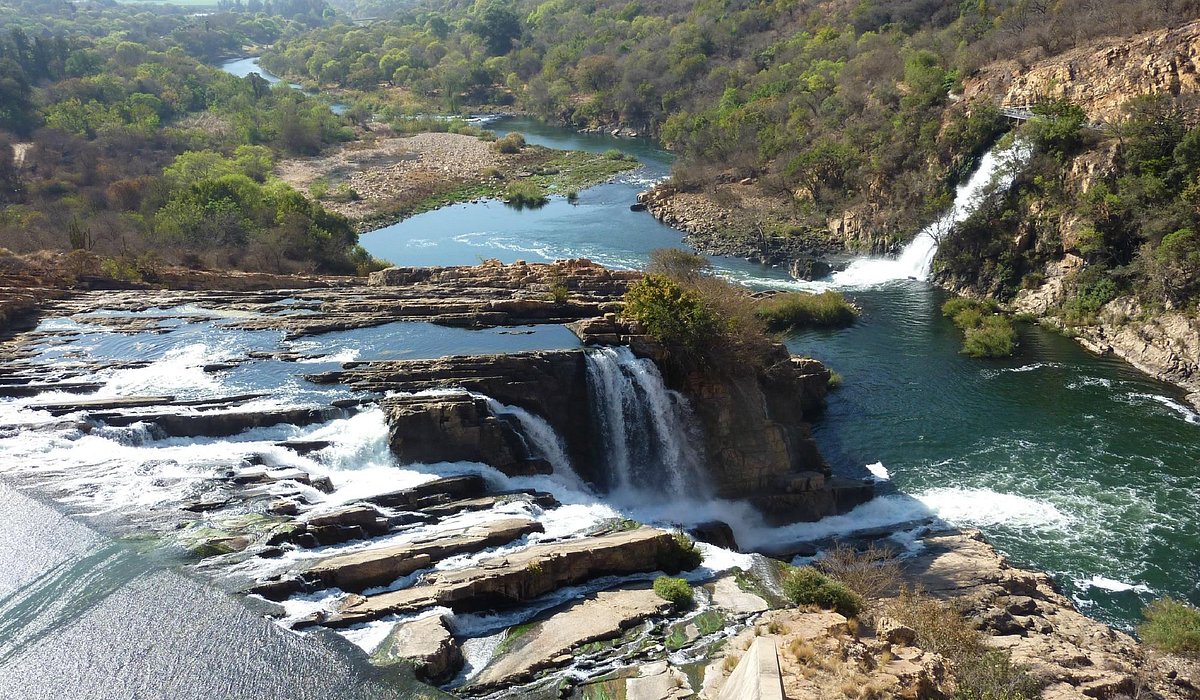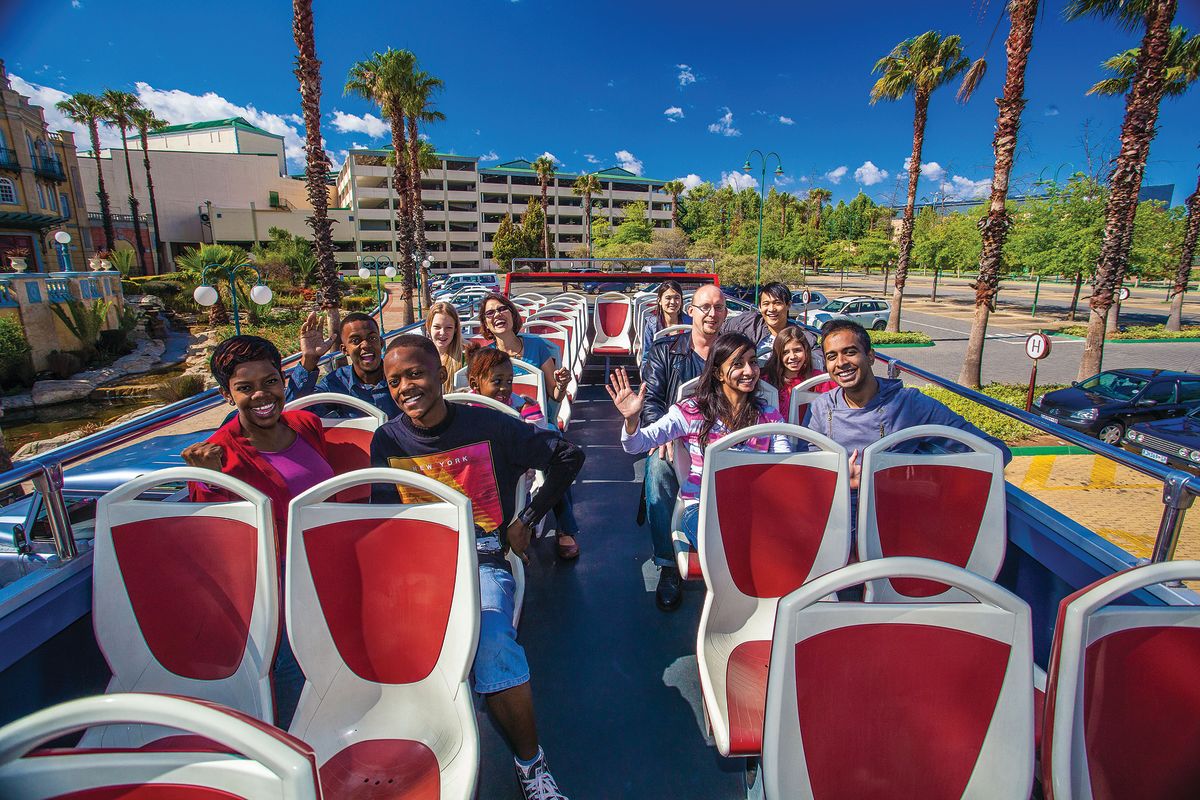The Of Johannesburg North Attractions
The Of Johannesburg North Attractions
Blog Article
Some Known Questions About Johannesburg North Attractions.
Table of ContentsThe 15-Second Trick For Johannesburg North AttractionsRumored Buzz on Johannesburg North AttractionsThe Ultimate Guide To Johannesburg North Attractions7 Easy Facts About Johannesburg North Attractions ShownJohannesburg North Attractions for BeginnersHow Johannesburg North Attractions can Save You Time, Stress, and Money.The Main Principles Of Johannesburg North Attractions
You must keep safety in mind and visitors should continue to be alert at all times when in unknown environments. Talk with the citizens when you are in town to locate out regarding the location you are staying in. Johannesburg North attractions. When on the street (this does not put on shopping center and various other secure environments) ideal basic guidance is to try your ideal to look like a regional and to stay clear of displaying any type of form of riches
Facts About Johannesburg North Attractions Uncovered
Professor Revil Mason O. J. (Thomson, 1946) checked out the Witwatersrand's pre-colonial background. His archaeological job took off the 'em pty land' misconception, according to which the region was without human habitation before the arrival of European settlers. In his publications Prehistory of the Transvaal: A Record of Human Activity (1962) and Origins of Black Individuals of Johannesburg and the Southern Western Central Transvaal Advertisement 3501880 (1986 ), Teacher Mason demonstrated the extent of social and financial growth in the location prior to Europeans set foot right here.

The 15-Second Trick For Johannesburg North Attractions
In 1878, David Wardrop located gold in quartz blood vessels at Zwartkop, north of Krugersdorp. In 1881, Stephanus Minnaar came throughout gold on the farm Kromdraai, near the Cradle of Humankind.
In March 1886, a protrusion (soon to be called the Main Coral reef) was discovered, fairly fortuitously, on Gerhardus Oosthuizen's farm Langlaagte. Some claim that the Lancastrian coal miner George Pedestrian discovered this reef. One more itinerant English miner, George Harrison (that had actually previously operated in Australian mines) acquired a prospecting permit in respect of Langlaagte in Might 1886.
He determined to go on in a pursuit for greener pastures, and disposed of his Langlaagte claim for the princely sum of 10. Alas: underneath lay the wealthiest goldfield ever before discovered. The discovery of this rich auriferous coral reef prompted a gold rush that signified completion of agrarian serenity in the southerly Transvaal.
It would certainly, within 6 years, end up being the biggest community in southern Africa. Within a years, it would certainly make the Z. A. R. up until then an anarchical and bankrupt little state the wealthiest nation in Africa. By the millenium, the Z. A. R. was to go beyond Russia, Australia and the USA of America to come to be the globe's leading gold manufacturer, producing greater than a quarter of the globe's gold.
The 2-Minute Rule for Johannesburg North Attractions
It was called Ferreira's Camp, named after Colonel Ignatius Ferreira. He was a Boer traveler upon whom the British authorities had actually presented the standing of Companion of the Many Distinguished Order of St Michael and St George (entitling him to the post-nominal letters C. M. G.) in gratefulness for his function in the war that had deposed the Pedi king Sekhukhune in 1879.
2 other camps were established: Meyer's Camp on the farm Doornfontein, and Paarl Camp. The latter was nicknamed Afrikander Camp; many individuals from the Source Cape Swarm cleared up there.

Johannesburg North Attractions Fundamentals Explained
This name got money by word of mouth, such that the State Secretary verified the name to the Mining Commissioner on 9 October 1886. Stands in the town were auctioned on 8 December 1886. While some stands were offered for 10, others were knocked down for as little as sixpence.
2 years later, these erven were to change hands for as much as 750 each. The tented camps diminished as a dorp of corrugated iron buildings developed and increased north of the mines located along the Main Coral Reef Roadway. Locations such as Jeppe's Community (where working-class immigrants erected their homes) and Doornfontein (where the upscale new 'Randlords' began to create their luxurious homes) were quickly added to the ever-expanding map of the community.
Get This Report on Johannesburg North Attractions
Apart from go to the website the street names, there were no indications of Johannesburg being situated in a Dutch-speaking country., almost everybody talked English and also the Federal government slaves resolved one in English, unless they were initial addressed in the Taal (or Low Dutch)'.
Britain had an interest in ensuring optimal conditions for gold manufacturing on the Witwatersrand, and that the gold was exported to London instead than Berlin an important rendered all the extra clamant by the Z. A. R.'s enhancing toenadering with Germany. Mine owners were on a clash with Head of state Kruger, whose plan of monopolistic giving ins (often provided to his cronies) stopped mining companies from procuring products of materials (specifically dynamite) and work by themselves, cheaper terms
The Ultimate Guide To Johannesburg North Attractions
In 1890, the Volksraad had restricted the franchise to white men that had stayed in the Z. A. R. for fourteen years or longer, hence disqualifying most of the immigrants (who occurred to be the major contributors to the fiscus). Anxiety for the ballot was a simple pretext for advertising a various program; most uitlanders concerned themselves as momentary visitors and had no intention of continuing to be in the Z.
Report this page